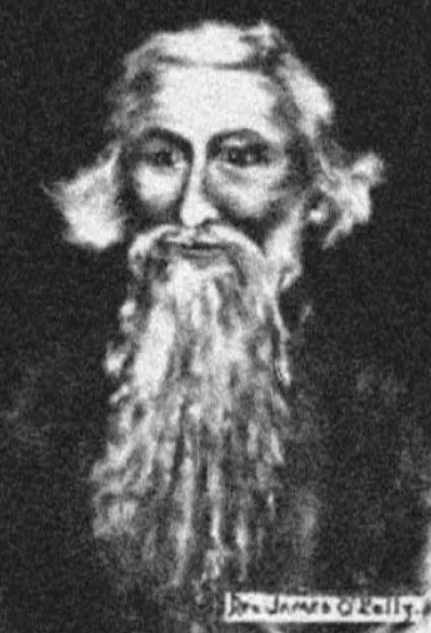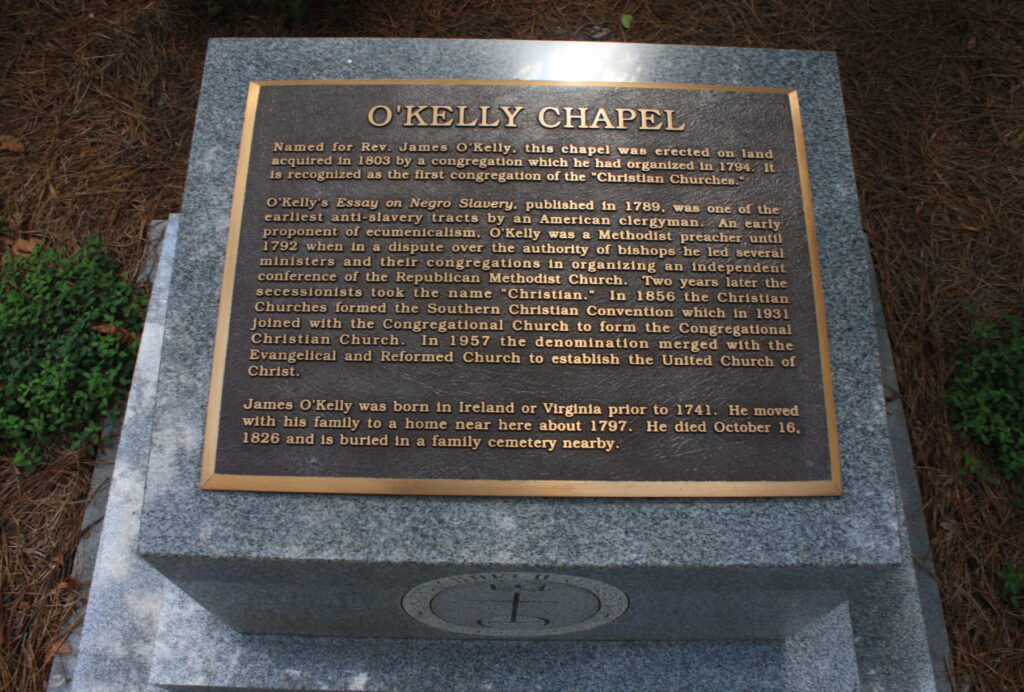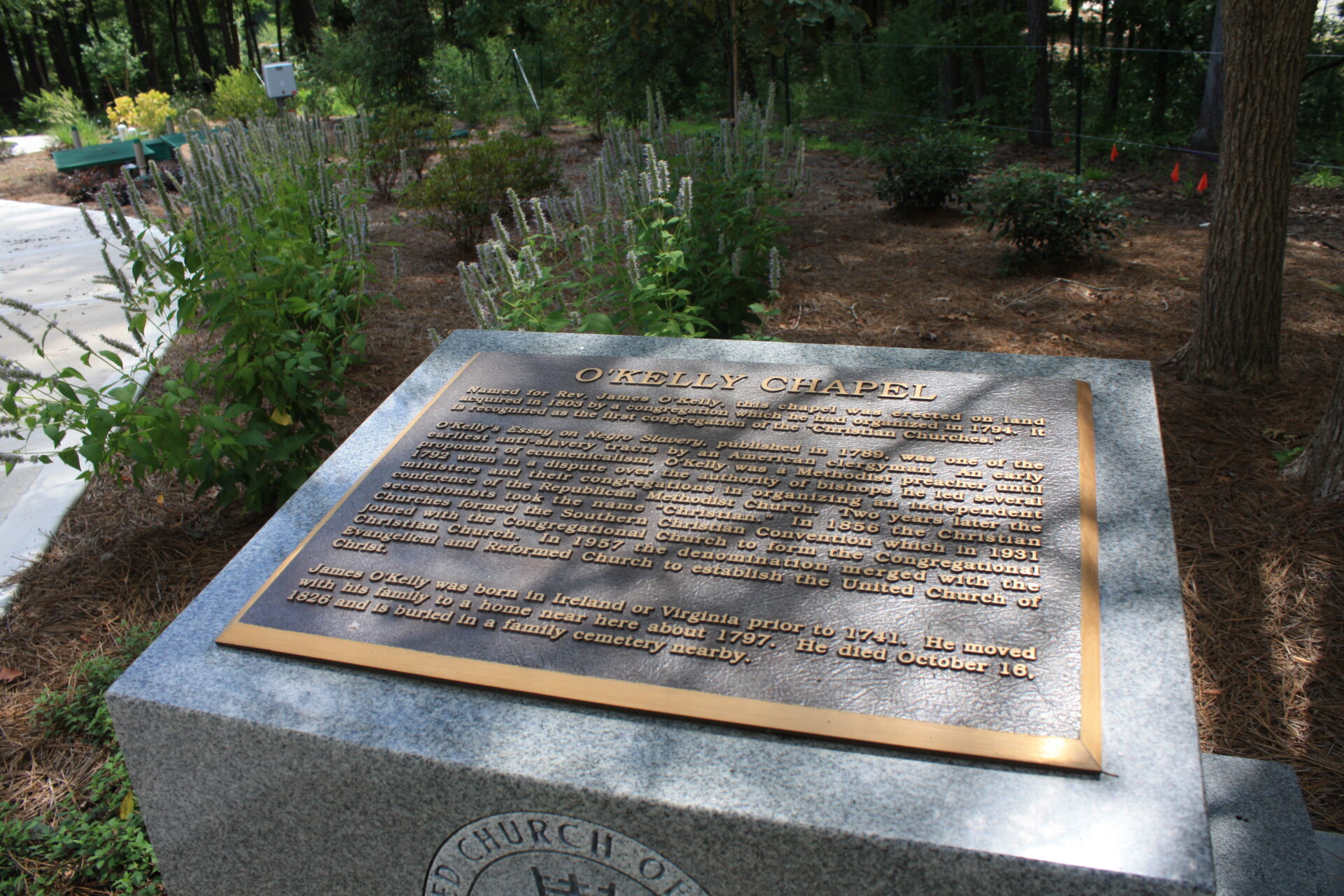
James O'Kelly and his legacy
James O’Kelly, a pivotal figure in early American religion, significantly influenced the establishment of O’Kelly Chapel and the broader Christian Church in Durham, North Carolina. Born around 1735 in Virginia, O’Kelly commenced his ministry as a Methodist preacher during the Great Awakening, a period marked by profound religious fervor. He was a compelling orator, traversing the Southern states to disseminate his message and forge deep, personal connections with congregants.
O’Kelly championed congregational autonomy in the Methodist church, asserting that local communities, not bishops, should choose spiritual leaders, directly challenging Bishop Francis Asbury’s hierarchical approach.
From 1770 through 1804, O’Kelly served as a circuit-riding minister, ministering to O’Kelly Chapel, Martha’s Chapel, and Damascus Christian Church. However, an irreconcilable disagreement culminated at a significant Methodist meeting in 1792. O’Kelly, along with numerous ministers and their congregations, chose to secede. This event, known as the “O’Kelly Schism,” marked a pivotal moment for religious freedom in America.
O’Kelly and his followers, initially “Republican Methodist,” soon became the “Christian Church,” emphasizing fundamental principles and unity. O’Kelly also advocated for anti-slavery within the Methodist church. These ideals shaped a unique American religious movement focused on independence and unity.
From 1770 through 1804, O’Kelly served as a circuit-riding minister, ministering to O’Kelly Chapel, Martha’s Chapel, and Damascus Christian Church. However, an irreconcilable disagreement culminated at a significant Methodist meeting in 1792. O’Kelly, along with numerous ministers and their congregations, chose to secede. This event, known as the “O’Kelly Schism,” marked a pivotal moment for religious freedom in America.
O’Kelly Chapel transcended its function as a mere edifice; it served as a tangible embodiment of James O’Kelly’s vision. It symbolized the empowerment of local churches and the paramount importance of Christian unity. The chapel stands as an enduring testament to O’Kelly’s unwavering dedication to religious freedom and universal liberty. It is a historically significant site, representing a key juncture in American religious history and the enduring impact of a man who steadfastly adhered to his convictions.
The current chapel, constructed in 1910, is the fourth building on this site.
Further information can be found by consulting the cemetery census for O’Kelly Chapel here.


